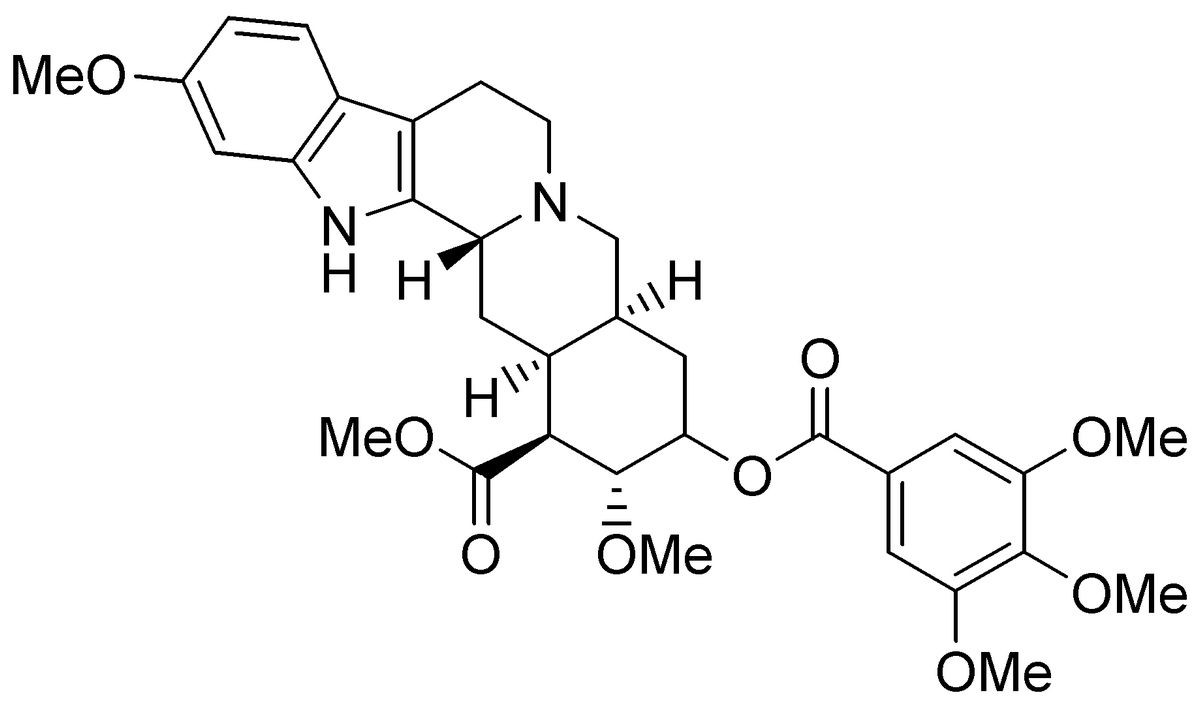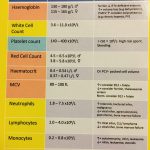
Contents
reserpine – oral
Medication Uses: Reserpine is used to treat high blood pressure (hypertension) alone or with other medications. It works by decreasing certain substances in the body to relax blood vessels and slow the heart rate, helping to lower blood pressure.
How To Use: Take this medication by mouth 1 to 2 times daily as directed by your doctor. The dosage is based on your medical condition. Do not increase your dose or take it more often than prescribed. It may take several weeks to get the full benefit of this medication. Continue taking it even if you feel well.
Side Effects: Side effects may include drowsiness, dizziness, tiredness, nausea, vomiting, diarrhea, slow heartbeat, and stuffy nose. Tell your doctor if any of these effects persist or worsen. Seek immediate medical attention if you experience severe stomach pain, black stools, fainting, shortness of breath, swelling, or unusual bleeding.
Precautions: Before taking reserpine, inform your doctor if you have any allergies, current or previous depression, stomach/intestinal ulcer, bowel disease, or liver disease. This drug may cause drowsiness, so avoid activities that require alertness. Tell your doctor about all the medications you are currently taking, including those that cause drowsiness.
Drug Interactions: Check with your doctor or pharmacist regarding possible drug interactions with reserpine, especially with tetrabenazine or MAO inhibitors. Inform your doctor if you are taking any medications that cause drowsiness.
Overdose: If overdose is suspected, seek immediate medical attention. Symptoms may include severe drowsiness, dizziness, small pupils, slow heartbeat, shallow breathing, or seizures.
Notes: Do not share this medication with others. Talk to your doctor about lifestyle changes that may help this medication work better. Keep track of your blood pressure and heart rate. If you miss a dose, take it as soon as you remember. Store this medication at room temperature away from light and moisture.
Related Disease Conditions
High Blood Pressure (Hypertension)
High blood pressure (hypertension) is a disease in which pressure within the arteries of the body is elevated. About 75 million people in the US have hypertension. Systolic and diastolic are the two readings in which blood pressure is measured. Blood pressure is considered high if either number is above normal.
Muscle Spasms
Muscle spasms are involuntary muscle contractions that come on suddenly and are usually quite painful. Causes include dehydration, strenuous exercise, prolonged muscle use, and certain nervous system diseases. Symptoms include acute onset of pain and possible bulge beneath the skin where the muscle is located. Gently stretching the muscle usually resolves a spasm.
Tardive Dyskinesia
Tardive dyskinesia occurs after exposure to certain medications, including antipsychotics and antiemetics. Symptoms include tongue protrusion, lip pursing or smacking, grimacing, cheek bulging or puffing out, chewing actions, and eye closure. Early diagnosis and treatment can control and even reverse the symptoms.
Prolactinoma (Pituitary Tumor)
Prolactinoma is a benign tumor of the pituitary gland. Symptoms in women include changes in menstruation, infertility, decreased libido, or painful intercourse. The most common symptom in men is impotence. Treatments include medication and surgery.


